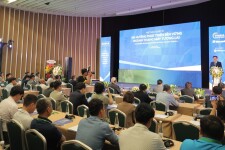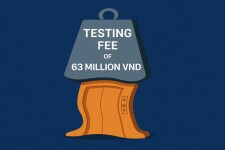Currently, when the economy is developing strongly, elevators are no longer a luxury utility but gradually become a normal. However, choosing a good and suitable elevator is not as easy as many people think. Customers are often overwhelmed in a wide range of elevators of different price segments, technologies, solutions, etc.
The diversity in providing solutions, products and services of elevator business units has created opportunities for users to have many choices according to their own criteria. Usually, when choosing an elevator, customers will choose one or two basic criteria that are right for them. For example, choosing a elevator by technology, origin, their budget or the minimum area for the elevator. However, there are also quite demanding customers, choosing for themselves highly personal elevators.
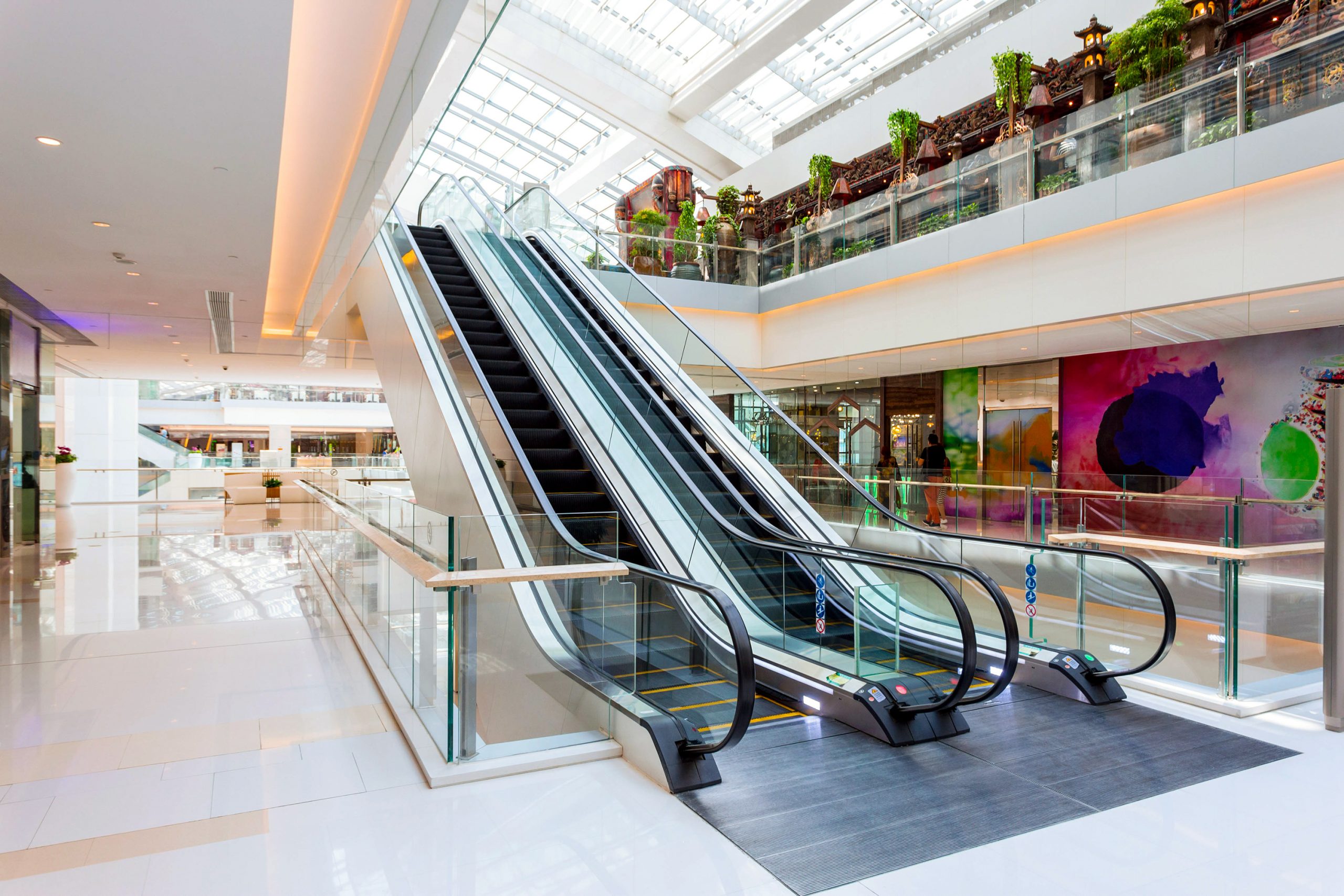
With the majority of elevator suppliers today, they are ready to meet all the criteria set by customers. With the criteria that customers give about the price, there will be elevators with prices from only 250 million, suitable for families that need a small elevator, without many requirements on other criteria. However, for these cheap elevators, quality, durability and a number of other standards are difficult to determine and control, which means that customers will likely face many risks while using. For more demanding customers, given technological requirements such as hydraulic elevators, screw elevators, etc., these types of elevators often have higher prices than traction elevators. As for customers who have special requirements for a highly personalized elevator, price is not an issue for them.
In fact, there are cases called "putting customer into sleep". The supplier advertises a variety of elevators on its website at affordable prices, but does not specify what technology the elevator uses, which country of origin, nor does it matter what size the customer requires, how many stops are there. And when customers need advice on the elevator corresponding to that price, they will base on the conditions given by the customer to apply a price, most of which is much higher than the price offered initially. That is not to mention the situation, if the business only provides 1 type of elevator with certain technology such as traction, hydraulic or screw, they will mainly talk about the advantages and ignore the other disadvantages. One of the common information that businesses advertise to customers is that their elevators belong to the "joint-venture" segment (?!), and with which company, where manufactured, according to which standards and regulations, the consultant does not provide complete information to the client.
Usually, when customers give their own criteria, they aim for that criterion without foreseeing other very important criteria of an elevator such as safety, durability, maintenance procedures, testing is complicated, expensive or not. Meanwhile, many elevator suppliers only based on the criteria given by customers to sell elevators to them, with the main goal of product consumption instead of consulting a most suitable solution for customers.
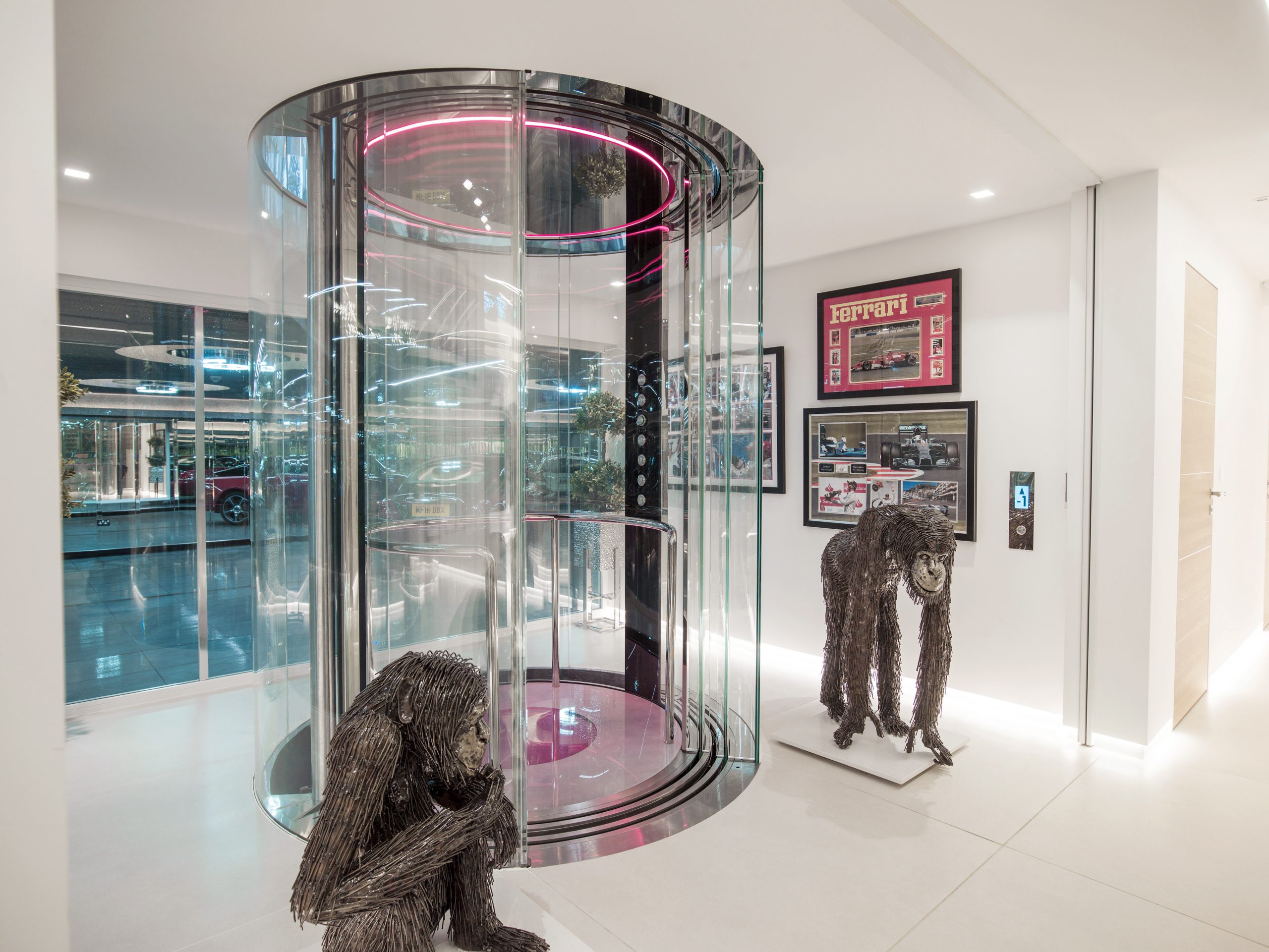
Assessing this situation, an expert in providing elevator solutions is very concerned when for home elevators, many customers when choosing elevators, the number one priority is finance, then safety, quality, form, origin, material,…“There are many people who want to use the elevator but do not know how to choose appropriately. Simply because they do not have much knowledge about elevators. When a person has a need to install an elevator, they only think that they need to install an elevator, but they do not have expertise in elevators, so they do not understand the quality of the product. They only think about the amount of money they need to invest first, but never think about how they buy the quality of the product, that is, people have not put the quality of the elevator on the top, but the first thing they think about is finance”. It is this biggest focus on financial issues that makes customers forget about other important factors in choosing an elevator. But sometimes, the consultants do not guarantee to provide all necessary information for consumers.
Reality has proven that, for a smooth and safe elevator, the rate of origin, technology, and price only accounts for 50% of this factor, the remaining 40% comes from the installation stage. No matter how good a elevator is, if it is not installed according to the regulations, not according to the design, it cannot operate smoothly and certainly cannot ensure safety. This factor is only found in professional elevator suppliers, who have a team of highly trained, skilled, experienced technicians and above all, transparency in providing solutions to customers, from the consulting, installation, maintenance, inspection, ... right commitment, right price, right time, ...
Elevator is a special equipment, requiring very high conditions in operation to ensure the safety of users. Therefore, elevator manufacturers must strictly comply with regulations and standards when exporting products. Normally, whether elevators manufactured abroad, when imported into Vietnam or manufactured in Vietnam, must comply with Vietnam's respective quality standards and regulations. In fact, there are also elevator suppliers who, for the sake of profit and competition, have installed elevators that do not guarantee quality, do not guarantee safety and do not have long-term durability for customers. "Many people are eager to buy cheap elevators, when it comes to operation, the money for repair and replacement of accessories is sometimes more than the money to buy an elevator," an elevator expert commented.
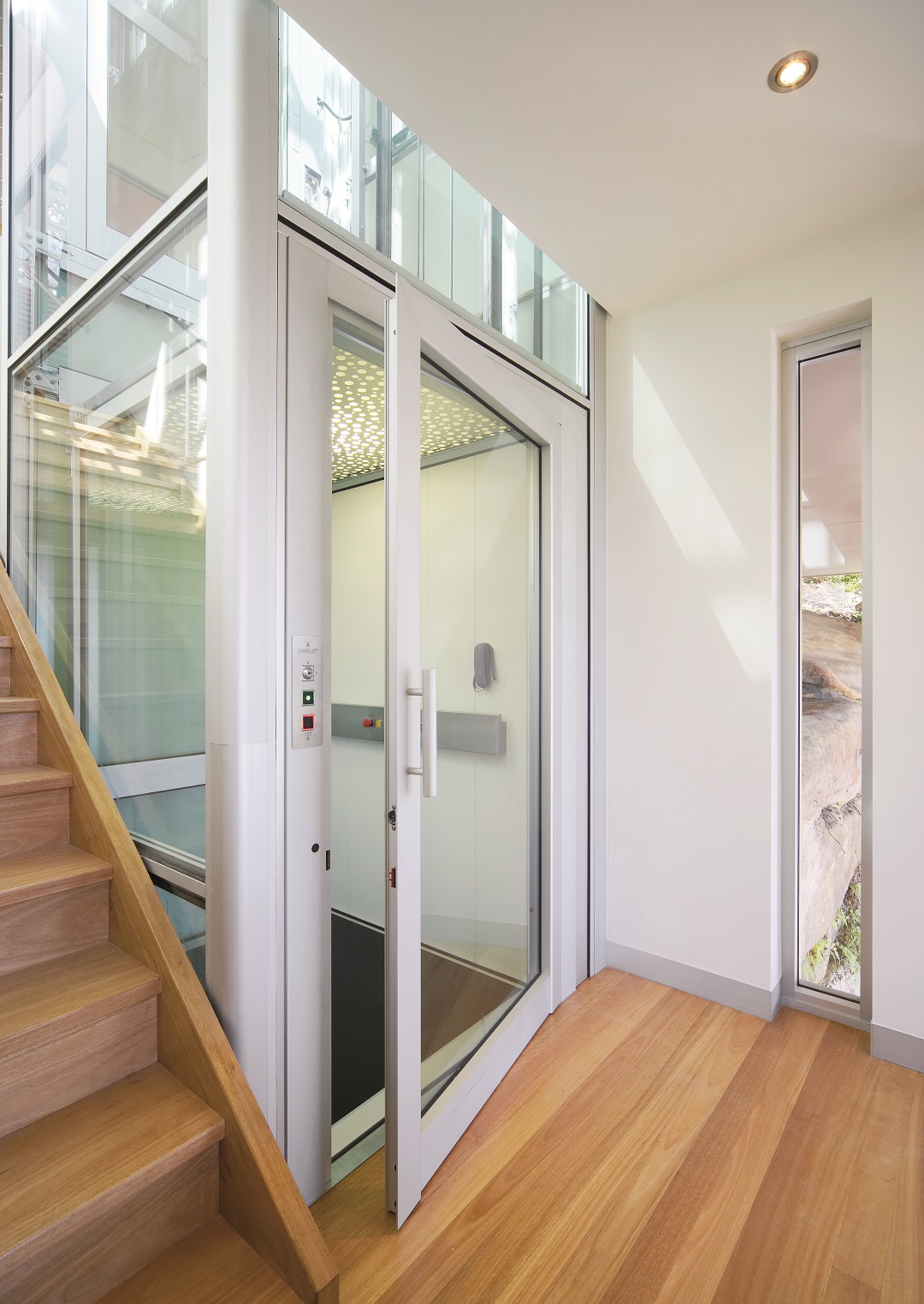
According to Articles 5.1.2 and Article 5.1.3 of Circular No. 15/2018/TT-BLDTB&XH of the Ministry of Labour, Invalids and Social Affairs, home elevators must be marked with the regulation conformity mark before being put in the market. Specifically, for domestically manufactured elevators, the certification of conformity is carried out according to method 5, which is typical sample testing and evaluation of the production process, and supervision through testing of samples taken at the production site or on the market in conjunction with the production process assessment if the lift is to be mass produced. For elevators manufactured in a single unit, it is necessary to obtain a certificate of conformity according to mode 8, which is testing or inspecting the entire product. For imported elevators, according to Article 5.1.4, the technical-regulation conformity certification is carried out by method 7 which is testing and assessment of batches of products and goods if they are imported in bulk, or certified according to method of conformity Mode 8 testing or inspecting the whole product. Thus, both domestically-manufactured and imported elevators that want to be circulated on the market must have the mark of conformity, in which many processes must be tested and evaluated. However, in practice, it is difficult to test products for an overall assessment due to many reasons, one of which is the lack of specialized equipment and the lack of human resources. And so, it is difficult to assess the actual quality and safety of the elevators in the market, which means that the good and bad elevators are confused, the end result is that consumers suffer a loss when buying elevator that incorrectly match with the value.

